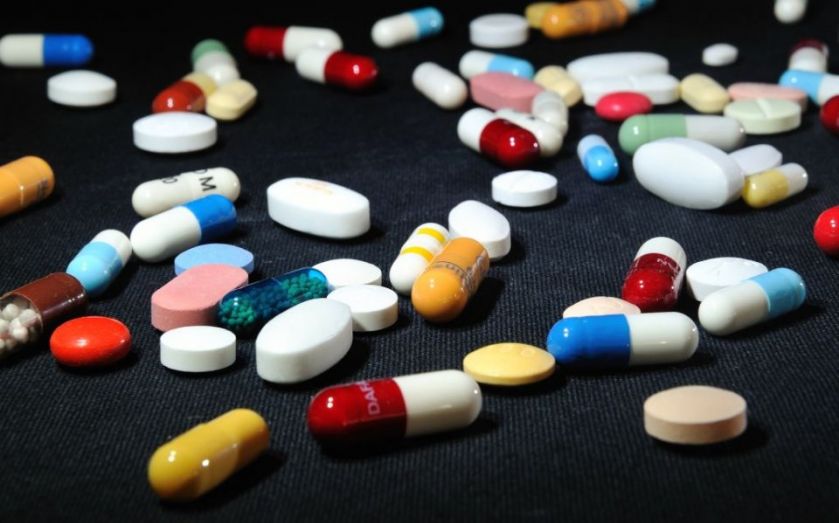Greece could face a huge shortage of life-saving medicines if it defaults on today’s IMF payment

If Greece defaults on its €1.6bn (£1.14bn) repayment to the IMF today, the country could end up suffering a serious shortage of life-saving medicines.
In a letter written to the European Commission, the European Federation of Pharmaceutical Industries and Associations (EFPIA) called for measures to be put in place to stop this happening, even if Greece leaves the Euro.
“In the worst-case scenario of ‘Grexit’, we believe the integrity of the medicines supply chain may be in jeopardy, which would create a risk to public health,” it said.
The country is heavily reliant on drug imports, and as a result has built up debt of over €1bn to foreign pharmaceutical companies.
A Grexit won't lead to a medicine crisis in the immediate term – following an emergency meeting yesterday of the Hellenic Association of Pharmaceutical Companies, major firms such as Roche, Novartis and Pfizer agreed to ensure supplies continued for at least until the end of the month.
Read more: Greece requests new bailout extension as IMF, EU and ECB scramble to reach a deal with Greek leaders
However, the EFPIA warned that the European Commission must help find a way to keep drugs flowing into the country long-term. Along with the Greece's energy sector, its pharmaceutical sector is considered to be the most vulnerable to the negative effects of a Grexit.
If it re-adopts the drachma, Greece's currency will rapidly depreciate in value relative to the euro, creating a ripe money-making opportunity for those able to re-export medicines to other European countries.
As a result, group wants the European Commission to place temporary limits on exporting medicines from Greece, to prevent drug shortages while a longer term solution is worked out.